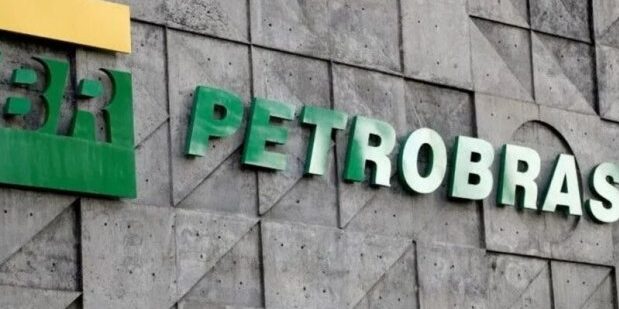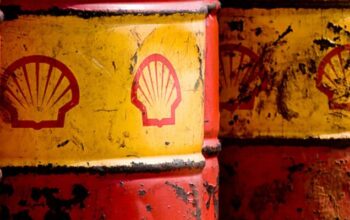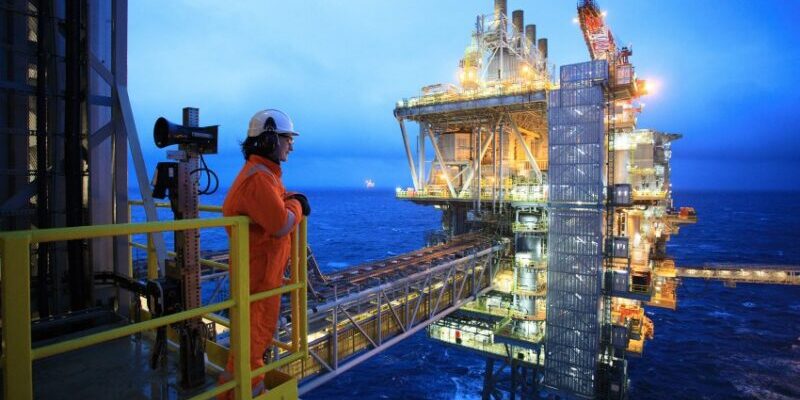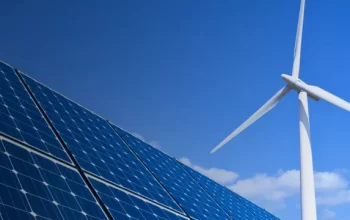Petrobras, a Brazilian state-owned oil company, decided to end the divestment processes at the Urucu, Bahia Terra and Campo de Manati hubs.
The order, which also involves Petrobras Operaciones SA (a subsidiary of the state-owned company in Argentina), was communicated on 4th September and takes into consideration “the strategic adherence to the portfolio, as well as the profitability profile”, according to Carta Capital, citing the company.
The decision tends to impact Petrobras’ Exploration/Production and Gas/Energy sectors. In the period prior to Jean Paul Prates’ management, the company put into action a divestment plan.
This year, however, it backed away from asset sale agreements that had not reached the contract signing stage.
If oil exploration and production continues, Petrobras stated that it will frequently evaluate the permanence of other assets in the portfolio, based on “profitability, strategic adherence and decarbonization”.
In March, the National Energy Policy Council revoked Resolution no. 9/2019, establishing, in practice, the end of Petrobras’ divestment plans, which sought to sell the Brazilian state company’s refining assets.
The divestment program came into force at the beginning of 2015. By July 2022, assets sold totaled more than 280 billion reais.
According to data from the Petroleum Social Observatory, the majority of assets traded were from the exploration and production sector.
Following Petrobras’ statement, the Single Federation of Oil Workers celebrated what it called “interruption of the privatization of strategic assets”.
“It is an important step towards the reconstruction of the company, which had been suffering from the privatization of several important assets during the last governments”, said the president of FUP, Deyvid Bacelar.
![]()




